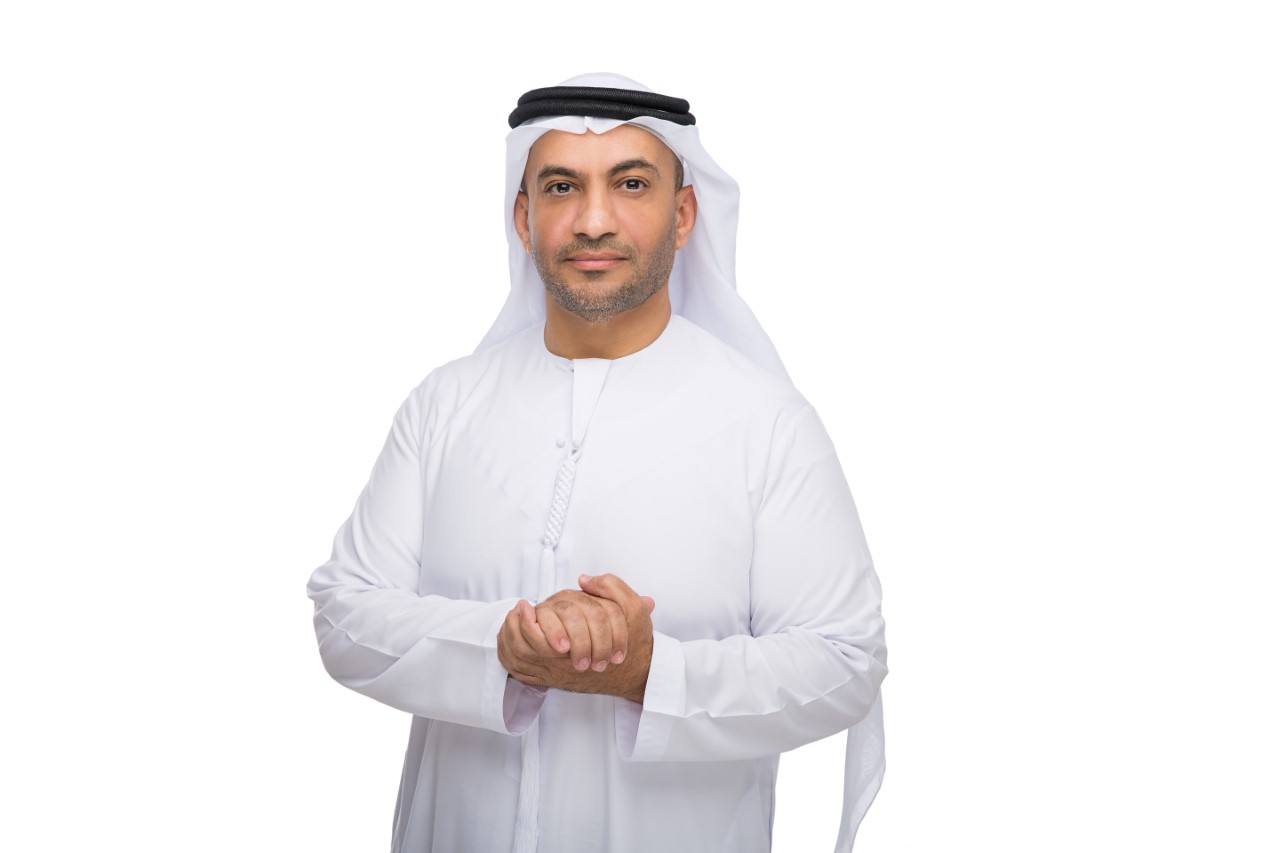Most Read
Fragmentation among the Arab nations
السبت - 11 مايو 2024
Sat - 11 May 2024
In a world beset by storms of change and conflict, when we see and experience the Arab nations fragmenting internally and people tearing each other apart on a daily basis, we realize the importance of social cohesion and national unity. These two forces form a solid foundation for building a prosperous society, a strong state and a united people to face the challenges.
Social cohesion is the strong fabric that binds the members of society together, unites their hearts and inspires them to work for the common good. National unity, on the other hand, stands for a deep sense of belonging to the nation, a commitment to its values and principles and a sense of responsibility for its progress and prosperity.
Social cohesion and national unity are indispensable forces in overcoming the challenges we face today. In the face of extremism that spreads its poison through hate speech and the divisions that are fomented for political ends, our peoples are at risk of disintegration.
The divisions that we observe and follow with concern and interest among members of the same people and the same nation are not a temporary or historically accidental phenomenon on the general political stage or at the level of the individual.
Rather, they have intensified and invaded many Arab countries, where extremist terrorist organizations and their sponsor states, as well as expansionist regional powers, have fueled factors of social fragmentation that have caused some nations to slide into sectarian and ethnic conflicts, while others have almost fallen into the trap of religious war.
There is no doubt that there are historical rifts that continue to bleed and that coexistence, acceptance of the other and rejection of hatred and bigotry still need more sustained institutional efforts to deepen their roots, anchor them and pass them on between generations.
Understanding the history of conflicts between cultures and societies helps to recognize the causes of current divisions and find appropriate solutions. At the same time, political leaders and the international community must overcome these historical divides and work towards a culture of tolerance and coexistence between cultures and religions.
If societal divisions are not seriously addressed, their persistence can threaten the foundations of the nation state and undermine global stability and peace. The persistence of internal conflicts in some countries could lead to the spread of chaos and radicalism, which would have a negative impact on regional and international stability.
It is shameful and embarrassing that our Arab region is suffering from this internal fragmentation and daily power struggles. Perhaps these Arab countries need leaders who have a conscious vision for the future of their peoples. We believe that the international community must work together to resolve this deepening crisis and find comprehensive and effective solutions.
These solutions could include promoting sustainable development, social justice and the fight against corruption, as well as strengthening the role of educational and cultural institutions in promoting a culture of tolerance and coexistence. Social divisions are not a disease of individual countries, but a global plague.
One of the key solutions to overcome them is to counter all forms and practices of hatred, bigotry, rejection of others and any discrimination based on religion, skin color, ethnicity or gender with stricter legal instruments and mechanisms.
It is even more important to curb or eradicate all extremist currents that fuel divisions, provoke hostility and hatred and feed them as a breeding ground for their growth.
Otherwise, we would be sacrificing and undermining the foundations of the nation-state worldwide, which could mean a profound loss of one of the main achievements on the road to world peace and security since the nation-state became the basis for stability and global understanding on international security through the UN and other institutions.
Overcoming societal divisions requires comprehensive efforts and cross-border cooperation. We must learn from history and what is happening now, work together to change rigid mindsets and build more cohesive and tolerant societies. We must recognize that ultimately unity and solidarity are the only way to a stable and pacifist world.
Related Articles

The Quality-of-Life Program CEO Meets with Hawi Club Leaders in TabukThe Quality-of-Life Program CEO Meets with Hawi Club Leaders in Tabuk

The Campus!The Campus!

Huawei, in collaboration with the SAMENA Telecommunications Council and stc, leads discussions on telecom cyber securityHuawei, in collaboration with the SAMENA Telecommunications Council and stc, leads discussions on telecom cyber security

5G-Advanced to Herald a New Era of Digital Innovation and Intelligence in the Middle East5G-Advanced to Herald a New Era of Digital Innovation and Intelligence in the Middle East





